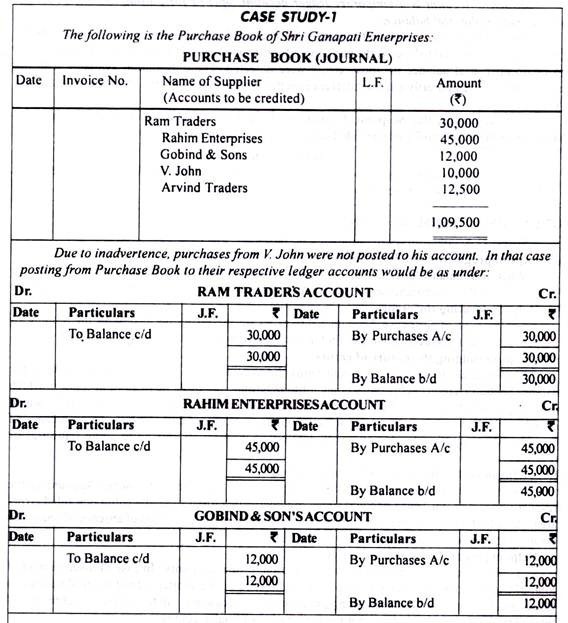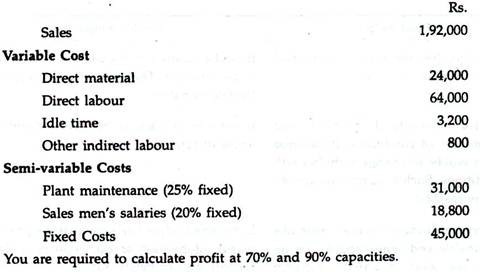In this article we will discuss about the accounting treatment for the issue of shares at par, explained with the help of suitable illustrations.
When a shareholder is required to pay an amount equal to the face value or nominal value of shares, then such issue of shares is at par. To have a complete accounting records for the sums received along with the applications, a book is maintained known as the Share Applications and Allotment Book, where the names of all applicants are entered with the number of shares applied for, the amount received, the number of shares allotted and the sum due on allotment and the date of receipt of the allotment money or the date of refund to the applicant.
In the General Ledger however, accounts are not kept in the name of individual shareholder, but temporary accounts for Application, Allotment and Calls are opened for recording only the total amount received. The accounting work starts only from the time, the applications for shares are received.
Journal Entries for Issue of Shares at Par:
Note: Similar entries, as in S. No. 5 and 6 may be passed for second call, third call…final call, if any.
NB:
Application money received will remain in Share Application Account unless the Board of Directors approve the allotment of shares. Only after the approval, it will be treated as a part of Share Capital. As soon as the allotment is made, the applicants will become share-holders and are legally liable to pay all the amounts due on the shares allotted to them.
ADVERTISEMENTS:
Illustration 1 (Issue of Shares at Par):
Shipping Limited make an issue of 10,000 Equity Shares of Rs. 25 each payable Rs. 5 on Application, Rs. 10 on Allotment and Rs. 10 on First and Final Call. All the shares are subscribed and amount duly received. Pass journal entries.
Solution:
Issue of Two Classes of Shares:
It is possible that a Company may issue different classes of shares-Preference Shares and Equity Shares. Here the pattern of entries remains the same. Since there are two separate share capital accounts, it is necessary that the entries for Application Money, Allotment Money and Call Money should be separately passed for each type of Share Capital. There will be no other difference.
ADVERTISEMENTS:
Illustration 2 (Issue of Two Classes of Shares at Par):
A Company was registered with an authorised capital of Rs. 25, 00,000 divided into 10,000 Preference Shares of Rs. 100 each and 15,000 Equity Shares of Rs. 100 each. Out of these, 4,000 Preference Shares and 8,500 Equity Shares were issued. These shares were payable as under:
All these shares were paid in full.
ADVERTISEMENTS:
Make necessary journal entries, Cash Book and Balance Sheet
Solution:







